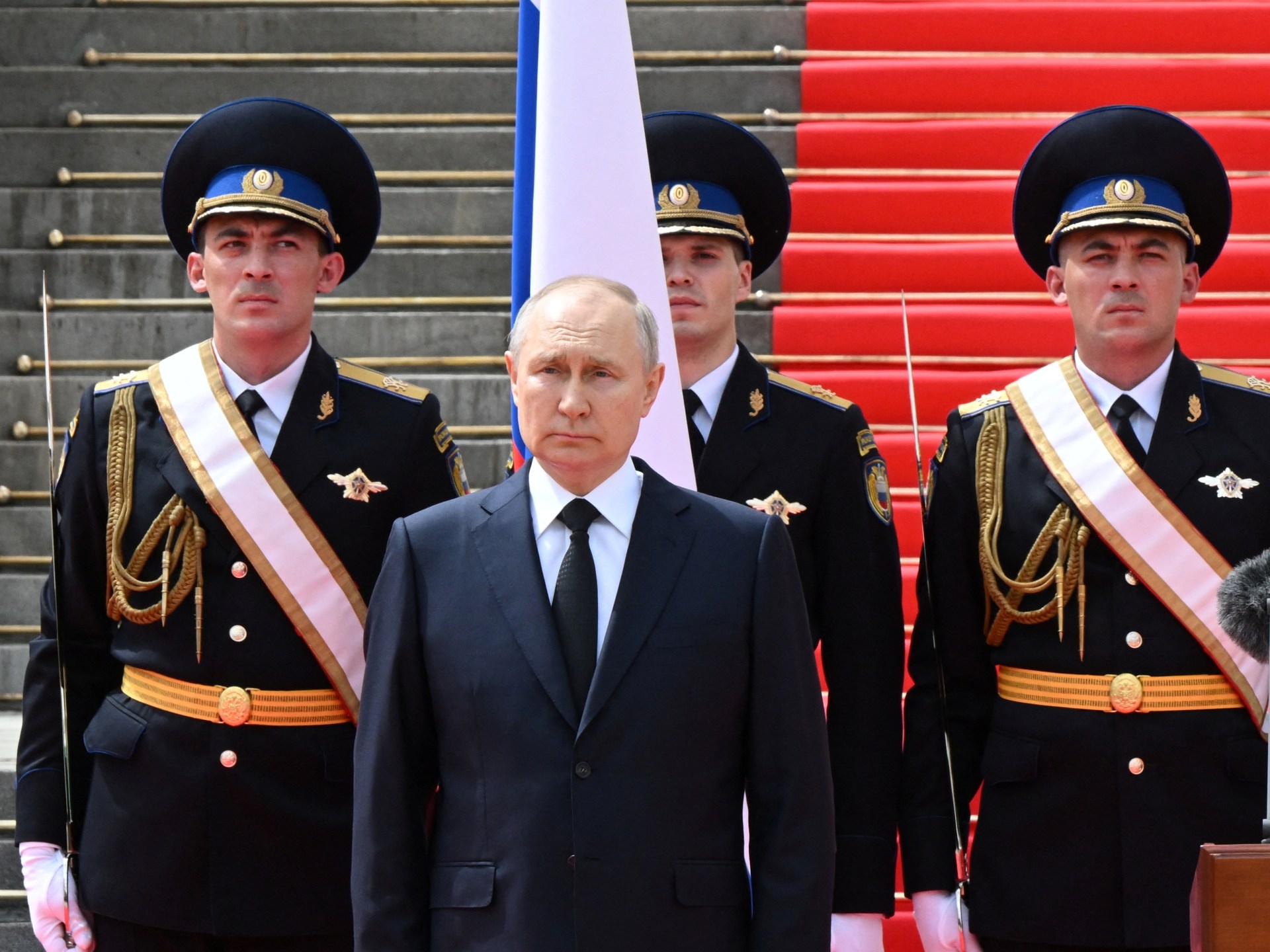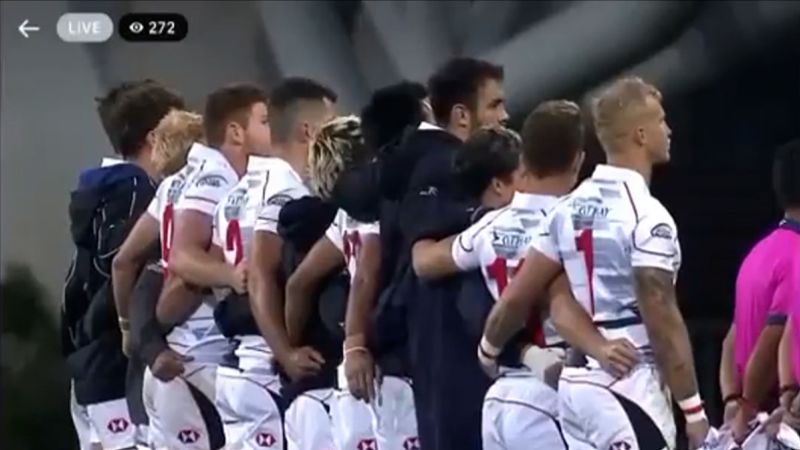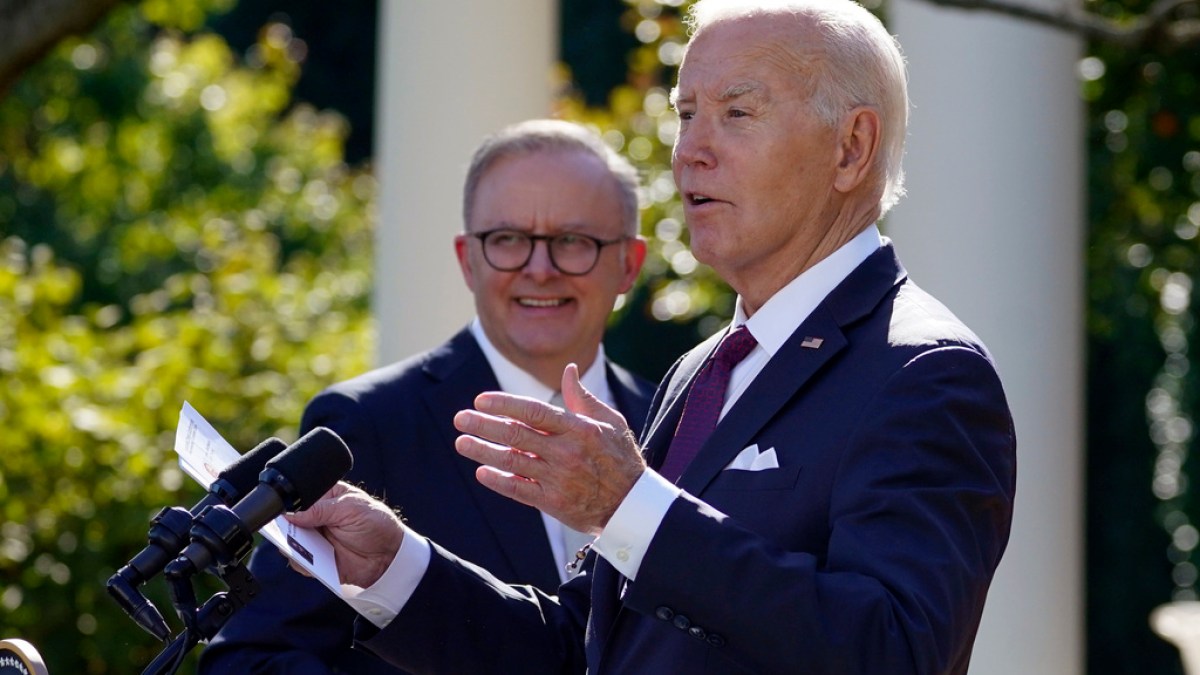Wagner’s march on Moscow does not spell Putin’s downfall
The very last thing Wagner Group chief Yevgeny Prigozhin said before leaving the Russian army headquarters in Rostov-on-Don on June 24 was that his show of force had “electrified” the whole country. His departure from the compound his mercenaries had occupied earlier that day marked the end of what President Vladimir Putin had described as an “armed mutiny”.
Prigozhin’s actions indeed “electrified” the nation, but perhaps not in the way he thought. There was palpable fear in Russia of the very real prospect of a civil war, as the convoy of Wagner’s armoured vehicles kept rolling in the direction of Moscow that day. Less obvious, but just as real, was the threat of interrupted food supplies from the bread basket regions south of Moscow and other big population centres in the north. To the Kremlin’s horror, arms supplies to the front line in Ukraine were also in jeopardy.
When Prigozhin resurfaced two days later, he claimed what he called the “march of justice” was just a protest against Russia’s military top brass, not a coup attempt. He said that through his actions he managed to stop the defence ministry’s efforts to dissolve his private army, which would now relocate to Belarus and operate under its jurisdiction.
Undoubtedly, Wagner’s march on Moscow exposed gaping holes in Russia’s defence of its own territory. If instead of Wagner, it were a foreign force, let’s say the Ukrainian army, that had undertaken this military adventure, it would have seized swaths of Russian territory without much resistance.
It also exposed political vulnerabilities. In all his statements, Putin described the events as a mutiny and an act of treason. Yet at least for now, it looks like Prigozhin will get away with it.
The Russian authorities have dropped charges against Wagner mutineers, while it is apparent that the group will remain intact. Prigozhin’s impunity has made Putin look weak.
This perceived weakness has prompted many Western commentators to interpret the events as a sign of the Russian president’s imminent downfall. Russian opposition figure Mikhail Khodorkovsky went as far as endorsing the coup attempt even though it was staged by a person accused of committing war crimes.
But ordinary Russians, as well as Russian elites, may see it quite differently. This has to do with the foundations of Putin’s regime which have ensured its longevity.
The main reason for people’s support for Putin over the past two decades is not the mythical vision of Russia’s greatness, but a very genuine fear of war coming to their porch.
This fear felt particularly strong during both Chechen wars in the 1990s, especially when Chechen fighters staged attacks in Russian cities. Putin’s ability to subjugate Chechnya became one of the main reasons for his enormous popularity.
In 2014, he cleverly manipulated the same fear – of upheaval and civil war – during Ukraine’s Maidan revolution. Russia’s overt and covert military intervention in Ukraine turned this country’s plight into a cautionary tale for those Russians who may have fancied a regime change.
The main pillar of Putin’s regime is the perceived absence of an alternative – something reflected in the famous Russian political meme: “Who else if not Putin?” The sentiment behind this catchphrase is that any alternative leader will be much worse than the incumbent.
Prigozhin, with his image of a murderous thug, who allegedly indulges in hammering to death people he deems traitors, is a case in point.
It is important to understand that despite their country’s military aggression in Ukraine, a vast majority of Russians are still living fairly normal lives, enjoying standards of living comparable with poorer members of the European Union.
Prigozhin’s mutiny may have briefly made Putin look weak, but the fact that a very tangible threat of civil war has been averted trumps it all. Instead of causing disillusionment with the regime, it may in fact rally the nation behind the president.
Putin understands this and that is why he picked carefully how he framed the events of the past weekend. His narrative goes something like this: Emotions and ambitions have corrupted a respected ally, Prigozhin, who turned to the evil side – a Russian Anakin Skywalker of sorts. He duped his loyal soldiers into joining the mutiny, but the forces of light eventually prevailed and peace was restored thanks to the nation’s unity.
Putin and other senior figures have already suggested, with zero evidence, that Prigozhin may have been acting in the interest of foreign intelligence services. In this narrative, the president’s concessions to the mutineers make him look responsible and patient – careful to avoid unnecessary bloodshed and to protect civilians. If he acted otherwise, the propaganda narrative goes, it would have been a victory for Western adversaries.
All of that goes to explain why the cheering of Prigozhin’s putsch by the likes of Khodorkovsky falls on flat ears in Russia. Instead, it plays into the Kremlin’s narrative which paints Russia as a besieged fortress fighting an existential battle with a much more powerful adversary, the West.
Putin’s regime is of course not eternal. Sooner or later, it will fall. But the prospect of an armed conflict inside Russia is what prolongs rather than shortens its lifespan.
His regime displayed maximum vulnerability in the time of peace and peak prosperity – in 2011-12 when Moscow was shaken by Bolotnaya protests. Everything that happened afterwards, specifically the war in Ukraine, constitutes Putin’s reaction to these events.
A catastrophic defeat in Ukraine may of course precipitate the end of his regime (and perhaps bring someone like Prigozhin to power). But a negotiated end of the war and a subsequent period of peace with the West is far more likely to create conditions for political improvement in Russia.
The views expressed in this article are the author’s own and do not necessarily reflect Al Jazeera’s editorial stance.




